Digestive health plays a critical role in overall well-being. When the digestive system isn’t functioning properly, it can lead to discomfort, poor nutrient absorption, and even chronic health conditions. Many people experience common digestive problems such as indigestion, bloating, constipation, or acid reflux. Understanding these issues and knowing how to manage them can greatly improve quality of life.
- Common Digestive Issues
a. Indigestion (Dyspepsia)
Symptoms include upper abdominal discomfort, a feeling of fullness, and mild nausea. It’s often caused by overeating, eating too quickly, or consuming fatty or spicy foods.
b. Constipation
This occurs when bowel movements become infrequent or difficult to pass. It’s often due to a low-fiber diet, dehydration, or lack of physical activity.
c. Acid Reflux (GERD)
GERD happens when stomach acid flows back into the esophagus, causing heartburn. It’s triggered by fatty meals, caffeine, alcohol, and eating late at night.
d. Bloating and Gas
Bloating is a feeling of fullness caused by gas or digestive disturbances. It’s commonly linked to food intolerances, irritable bowel syndrome (IBS), or eating gas-producing foods.
e. Diarrhea
This is characterized by loose, watery stools and can result from infections, food intolerances, or certain medications.
- Tips to Manage Digestive Issues
Eat Smaller, Balanced Meals: Avoid large, fatty meals. Eat slowly and chew food thoroughly.
Increase Fiber Intake: Include fruits, vegetables, and whole grains to improve bowel regularity.
Stay Hydrated: Drinking enough water helps digestion and prevents constipation.
Limit Trigger Foods: Reduce intake of spicy, fatty, and processed foods. Avoid caffeine and alcohol if sensitive.
Probiotics: Foods like yogurt, kefir, and fermented vegetables can help balance gut bacteria.
Exercise Regularly: Physical activity stimulates digestion and reduces constipation.
Manage Stress: Stress can worsen digestive symptoms. Try meditation, deep breathing, or engaging in relaxing activities.
- When to See a Doctor
If symptoms persist, worsen, or are accompanied by weight loss, blood in the stool, or severe pain, it’s important to consult a healthcare provider. These may be signs of more serious conditions such as ulcers, Crohn’s disease, or infections.
Conclusion
Digestive problems are common but often manageable through lifestyle and dietary changes. By understanding the causes and adopting healthy habits, you can significantly improve your digestive health and overall well-being.
Relax and Recharge with Flutter Bees
After a long day or when digestive discomfort has you feeling off, unwind with Flutter Bees — a fun clicker and hive defense game that helps ease stress and brings joy. Tap your way to better moods and complete game tasks to feel accomplished and relaxed. Try it now: Flutter Bees



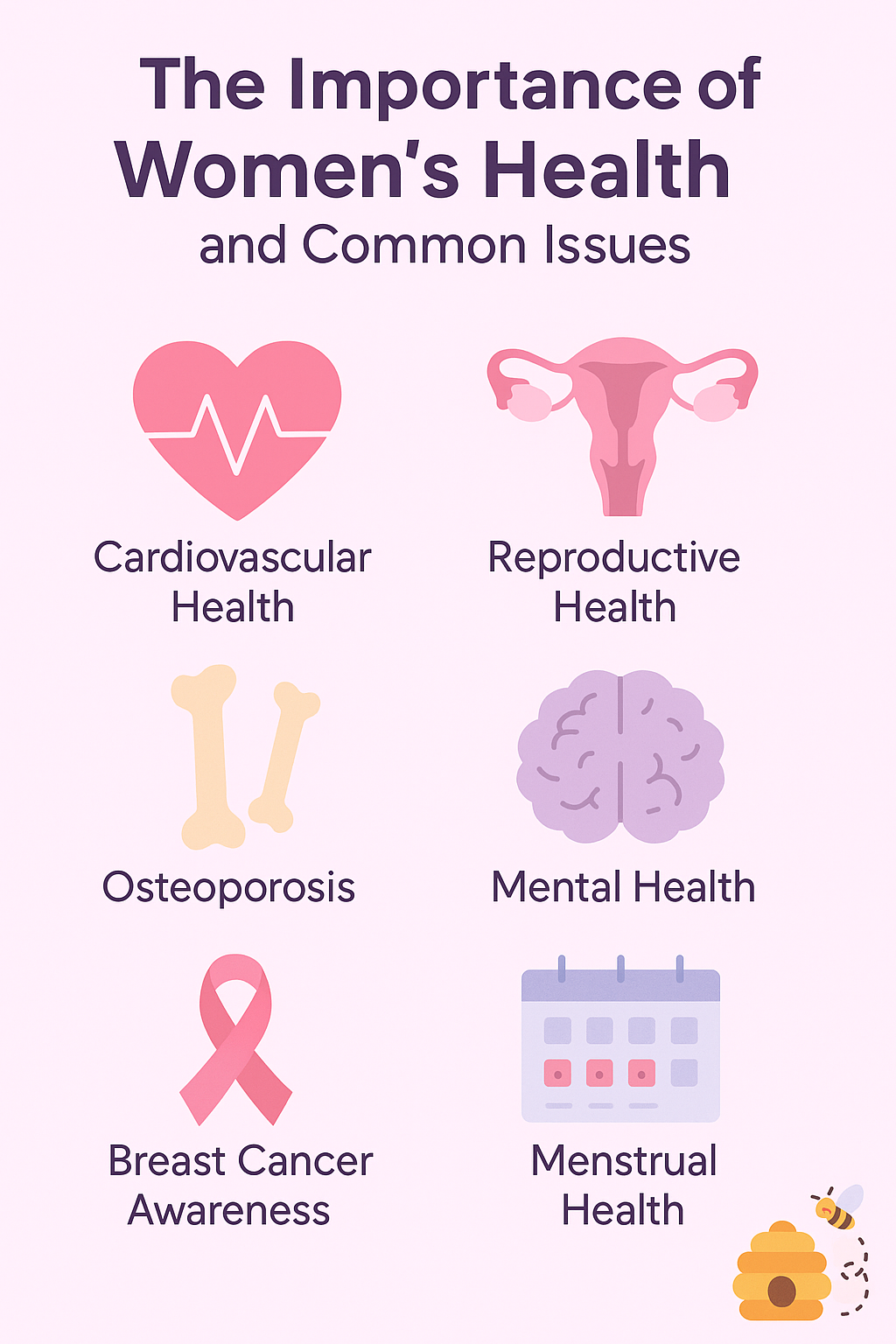
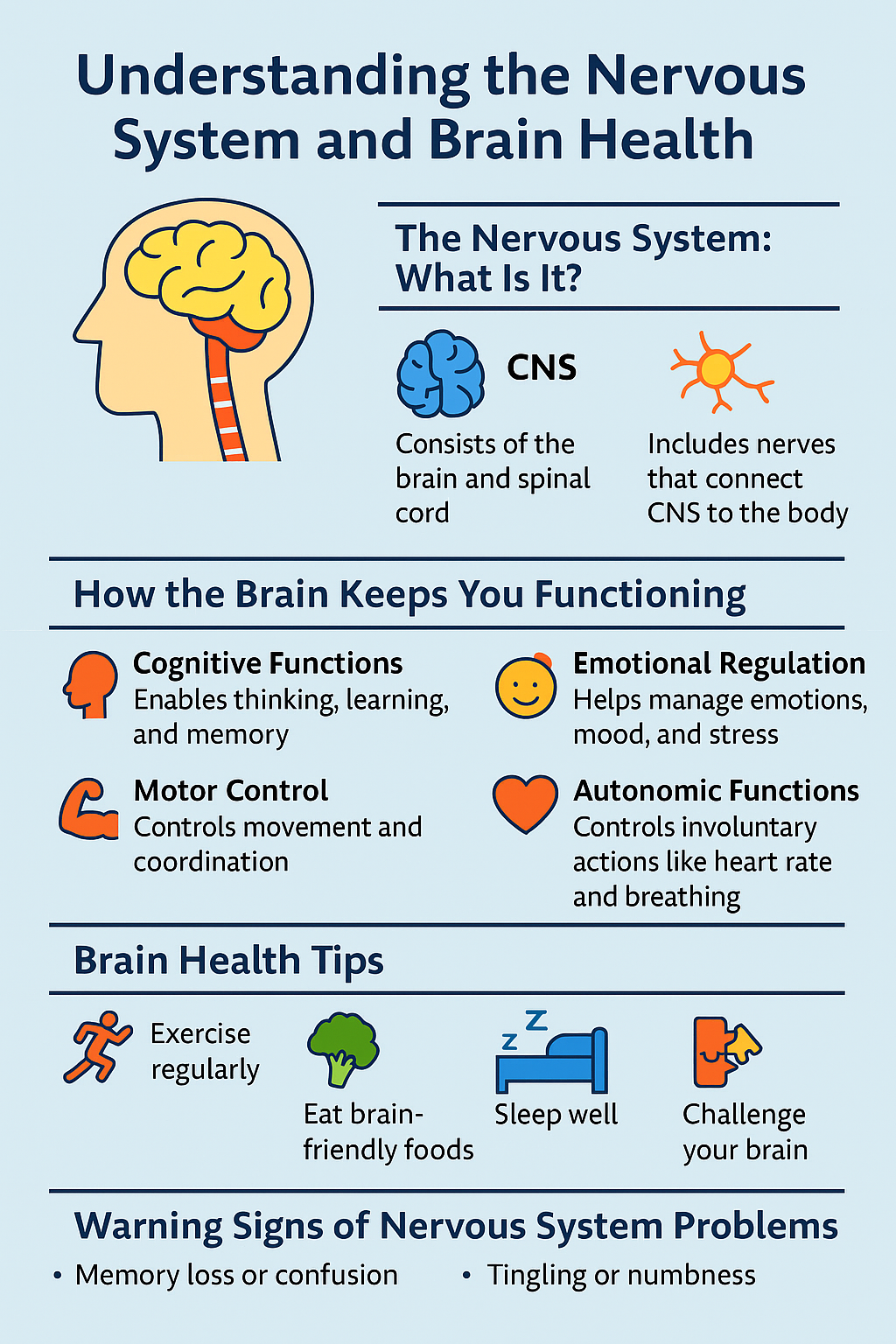
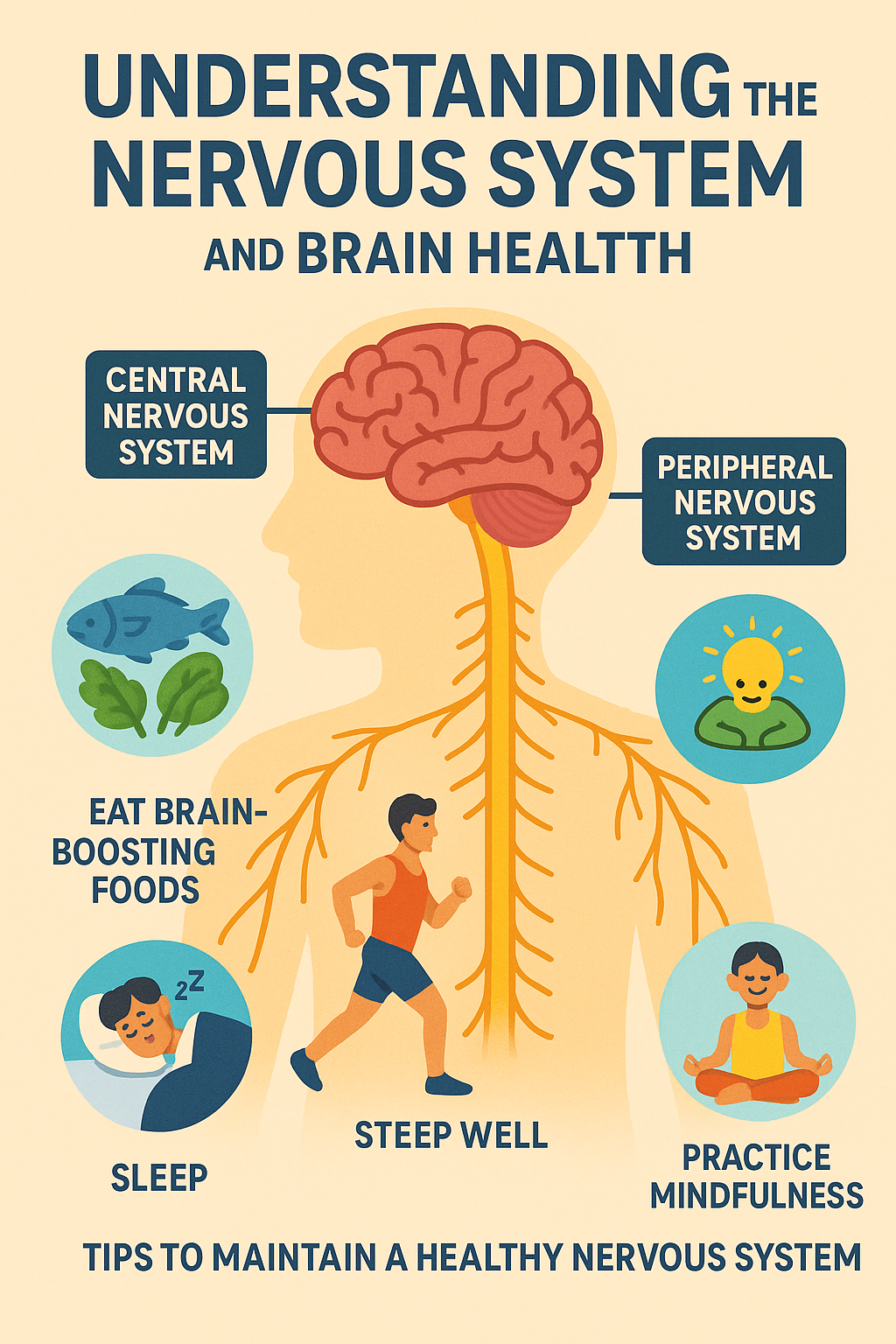
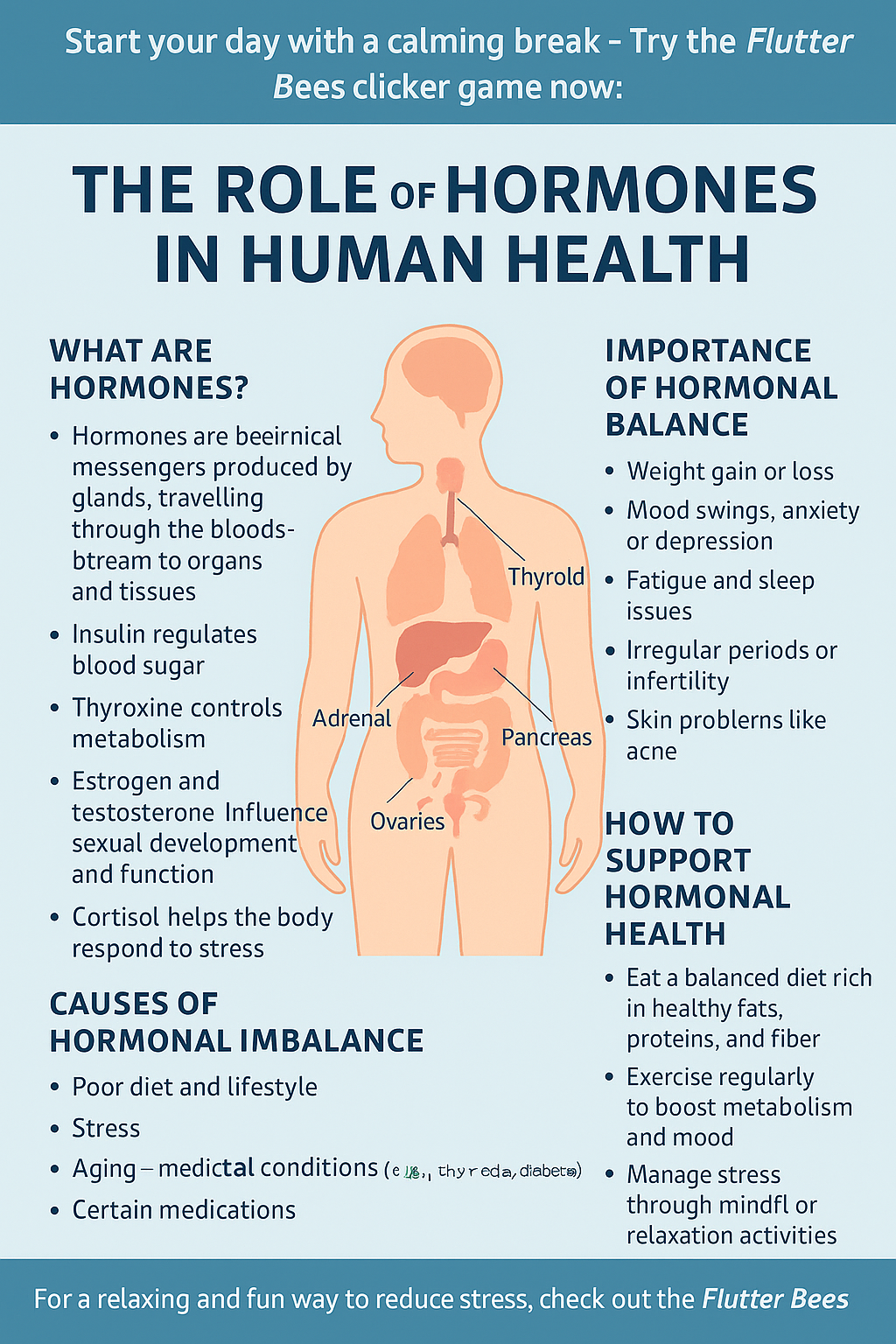
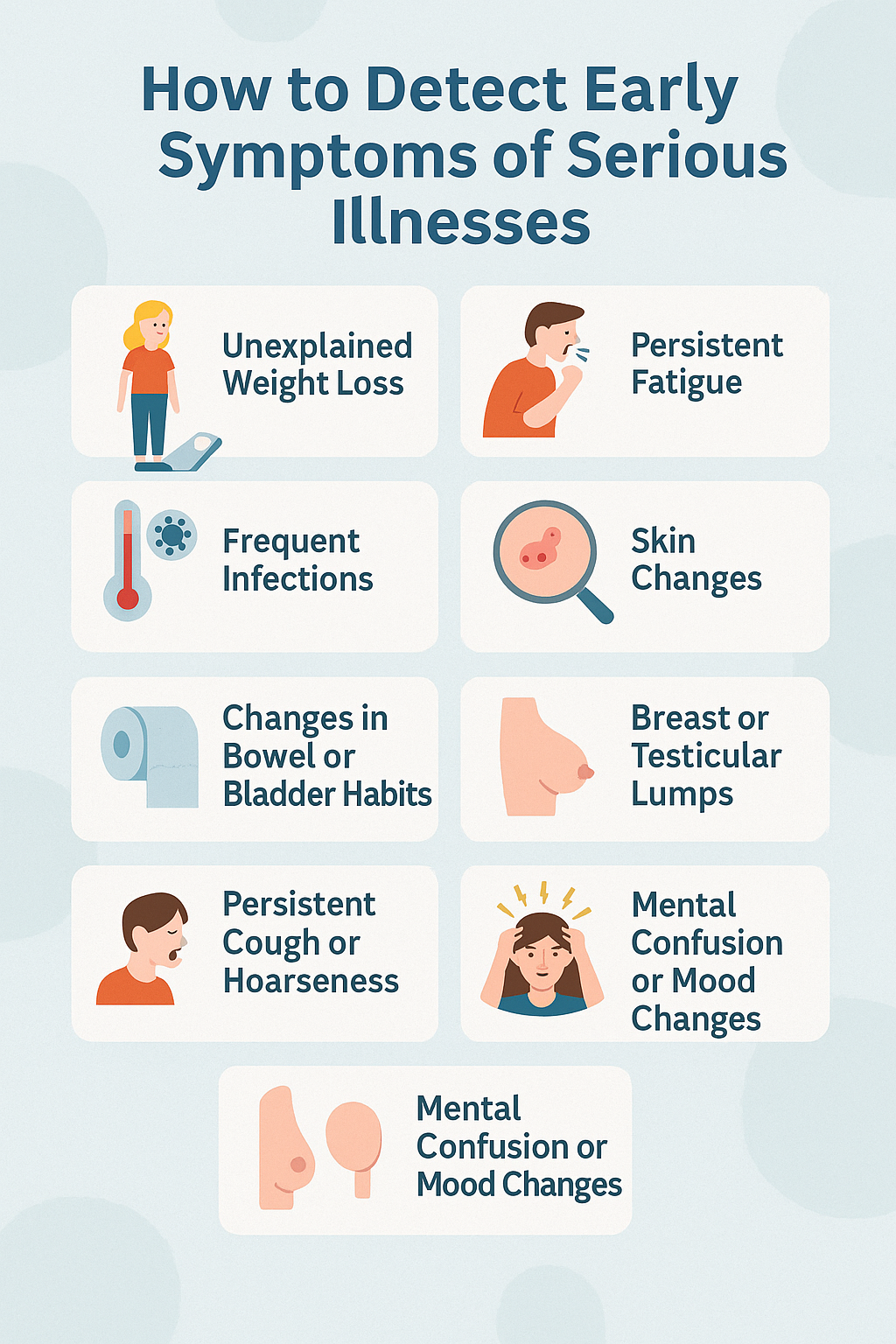
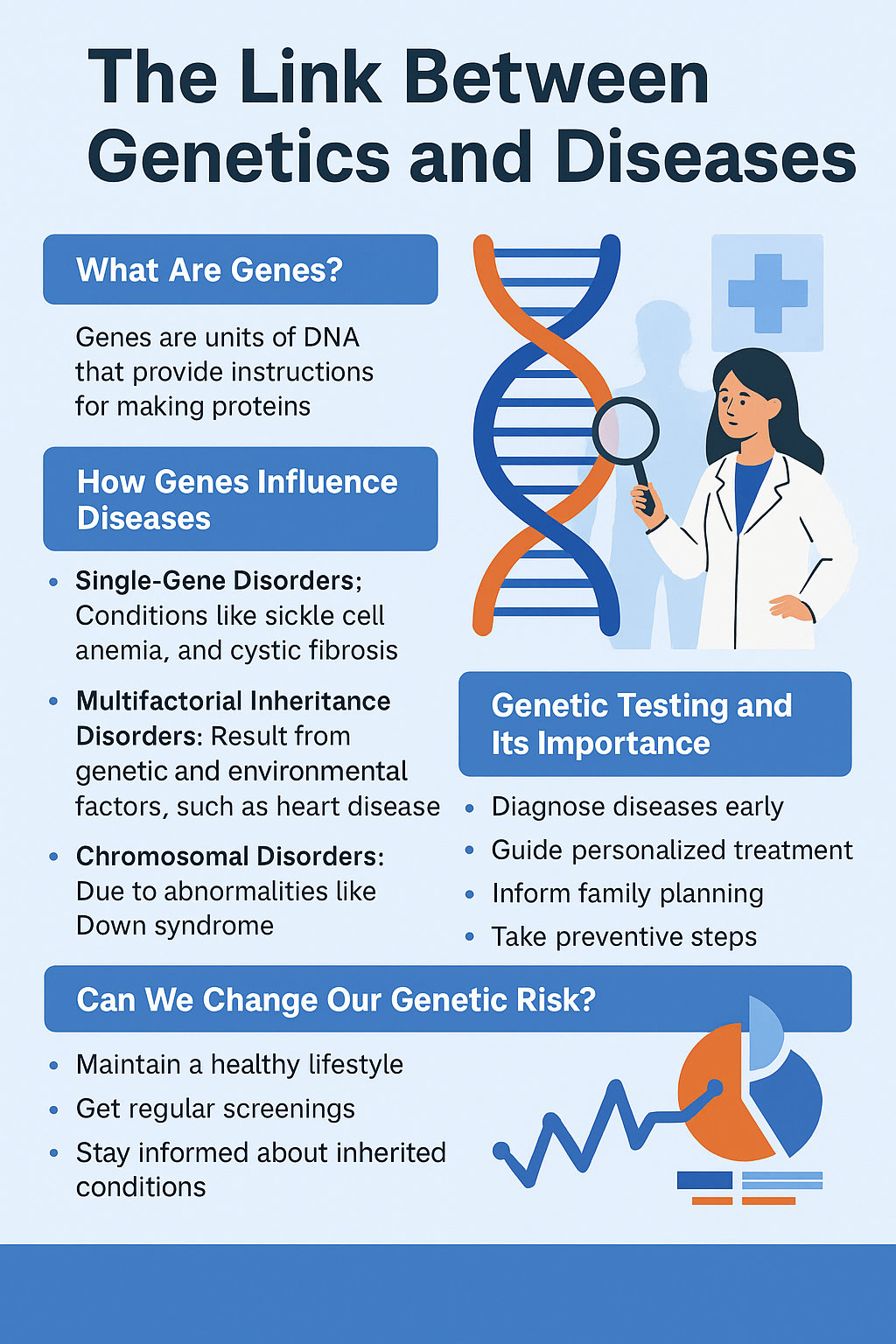
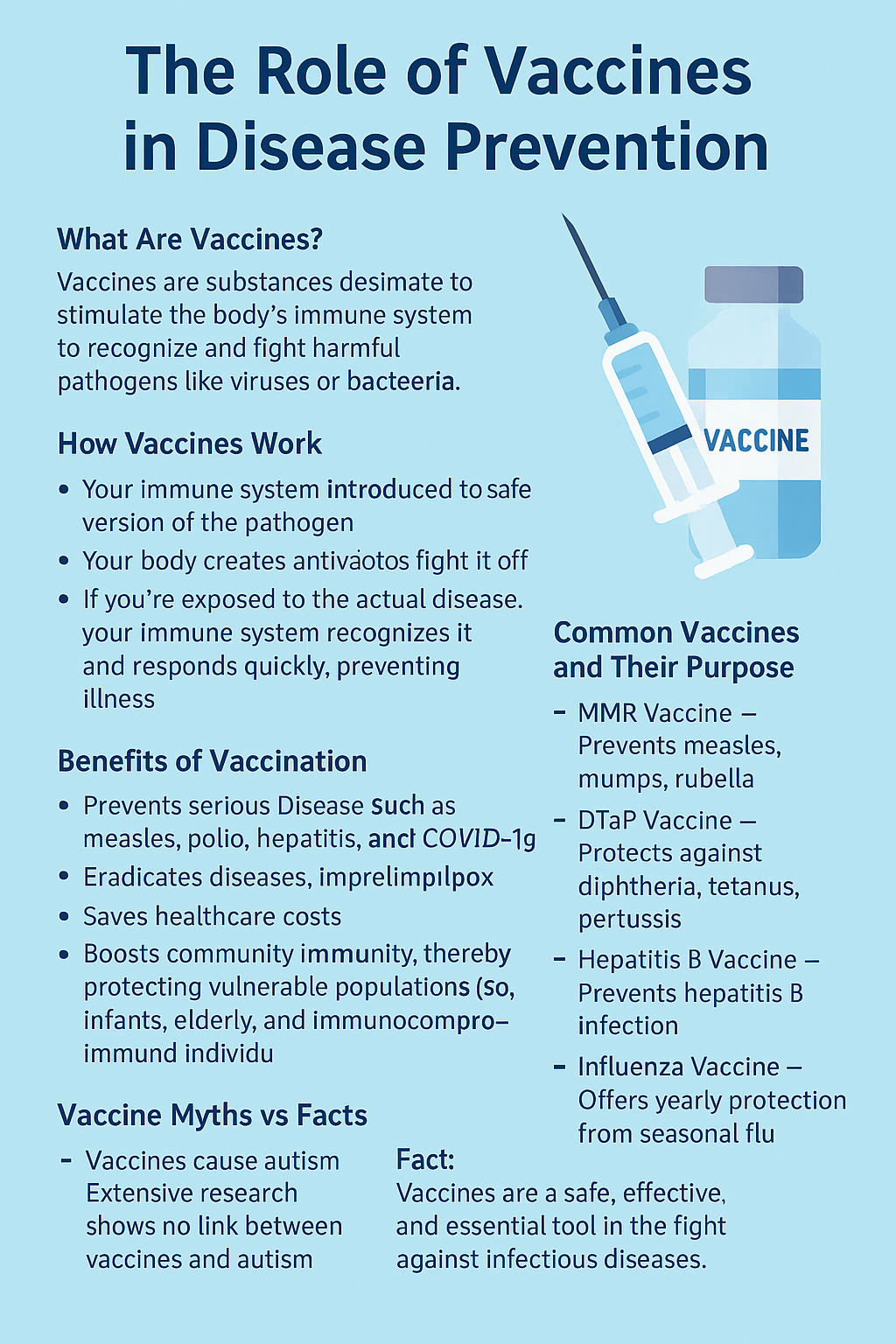
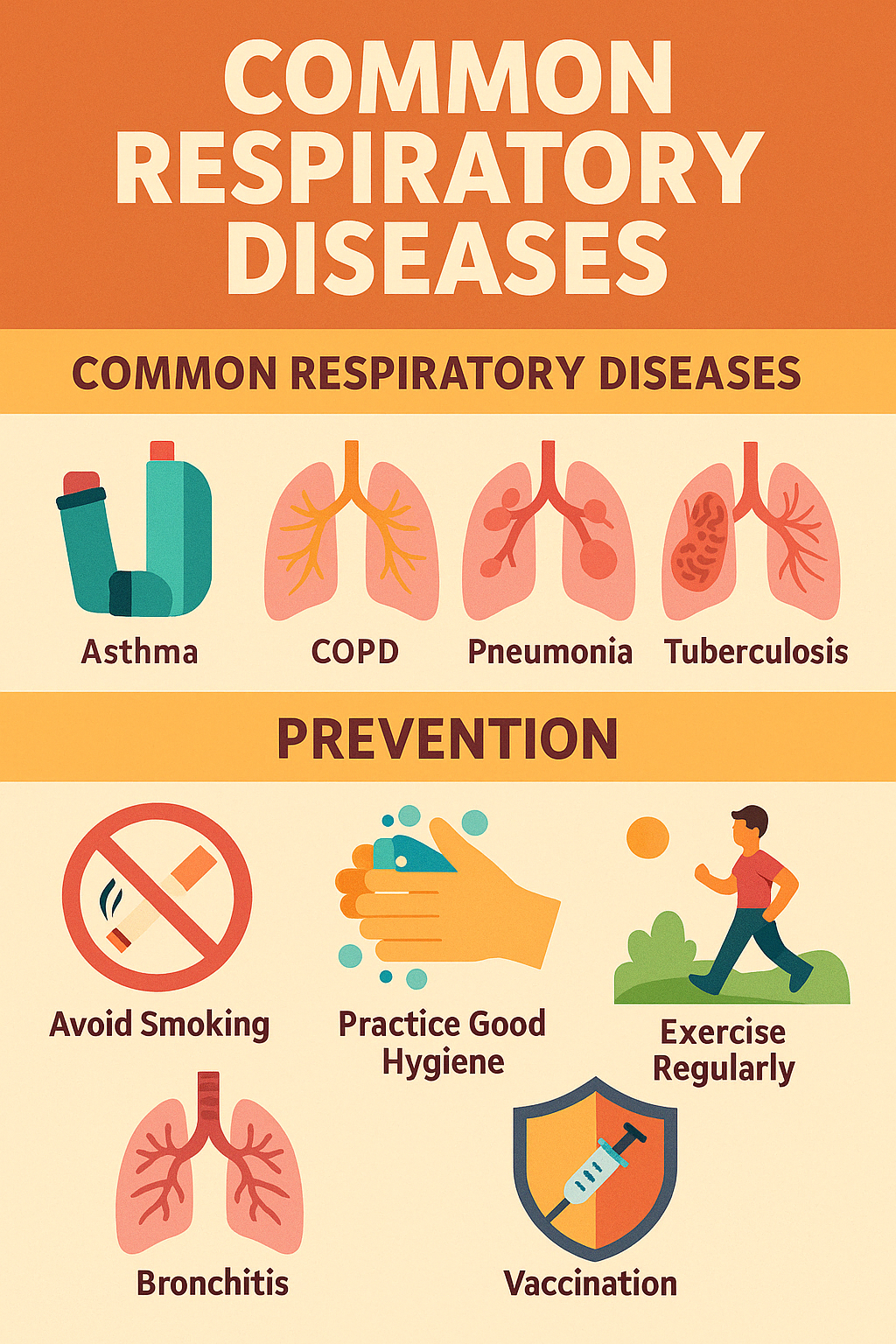
Leave a Reply